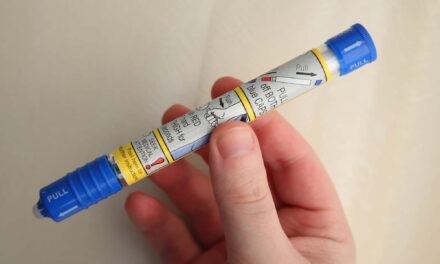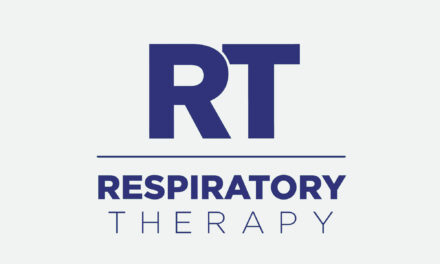Johns Hopkins Armstrong Institute for Patient Safety and Quality has received $7.3 million in funding from the Agency for Healthcare Research & Quality for nationwide implementation of its proven approach to reducing instances of ventilator-associated pneumonia (VAP). The program hopes to reach hospitals in all 50 states, the District of Columbia and Puerto Rico.
The system created by Johns Hopkins couples a relatively simple series of steps with an education program and a culture of patient safety. In its development, the Johns Hopkins group looked at evidence-based recommendations for prevention and distilled them into a checklist of 5 suggested therapies, known as the ventilator bundle, for caregivers to follow when assisting patients on breathing machines.
These therapies include:
elevating the head of the bed more than 30 degrees to keep bacteria from migrating into the lungs;
lessening sedation to allow patients to follow commands and allow staff to evaluate readiness to remove the breathing tube daily;
regular oral care to remove bacteria-containing plaques that can lead to VAP;
using special endotracheal tubes to facilitate suctioning of secretions; and
making patients mobile as quickly as possible, even while still hooked up to the breathing machines.
“We know that many hospital-acquired infections are completely preventable,” says Sean Berenholtz, MD, MHS, physician director of inpatient quality and safety at the Armstrong Institute and an associate professor of anesthesiology and critical care medicine at the Johns Hopkins University School of Medicine. “We have found a way to prevent ventilator-associated pneumonias on a smaller scale. Now we are excited to be able to bring this approach to the entire country.”









